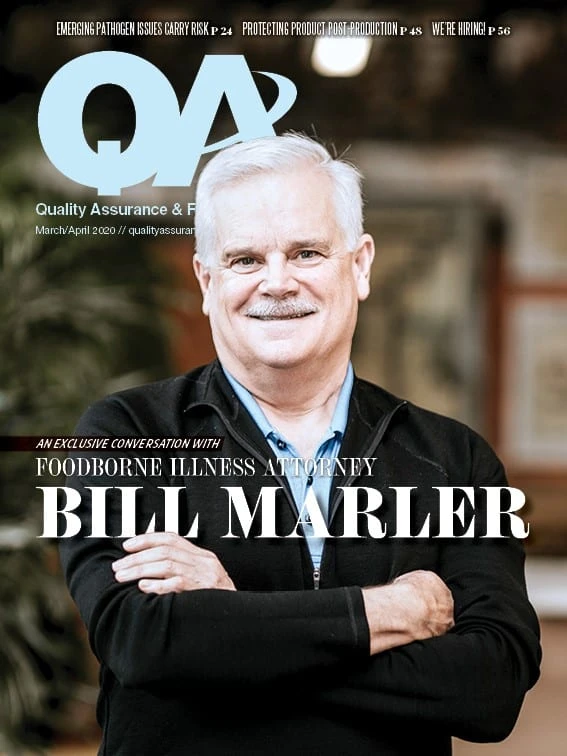
The term Integrated Pest Management (IPM) was introduced in 1967, formalized by the US National Academy of Sciences in 1969, and formulated into national policy in 1972. IPM started as an initiative for managing agricultural pests, and began to take root for the general and commercial pest control markets in the 1990s.
Despite its rich history and today’s predominance as a standard practice in the pest control industry, IPM is still evolving in the food industry, as nearly a quarter of the survey respondents either had not implemented IPM (11%) or did not know what it is (11%). Somewhat disturbingly, fewer 2020 respondents have implemented IPM than did 2019 respondents, and more do not know what it is (Figure 9). While these figures are somewhat supported by the 12% of those surveyed who responded that they take no action in cockroach prevention, there also is some evidence that those who do not know what IPM is are doing it without realizing it as 88% of respondents are implementing at least one method of prevention (Figure 10).
So what is IPM? As defined by the National Pest Management Association, IPM is “a process involving common sense and sound solutions for controlling pests. The focus is upon finding the best strategy for a pest problem, and not merely the simplest.” As such, it implements three aspects: inspection, identification, and treatment — with treatment focusing, first, on prevention and exclusion, then on chemicals when necessary.
Of the 28% of survey respondents who stated that they implemented exclusion methods:
- 98% sealed cracks and crevices.
- 90% instructed employees to keep doors closed.
- 83% installed door sweeps or air curtains.
- 78% cut back branches and shrubbery from buildings.
So if your facility, or a pest management professional, regularly inspects your facility for pests, identifies any that are found, and applies treatment, such as the methods above, you are likely implementing IPM — or are well on your way to doing so. ?



Explore the March April 2020 Issue
Check out more from this issue and find your next story to read.
Latest from Quality Assurance & Food Safety
- Food Safety Is Nonpartisan, Say USDA's Denise Eblen, FDA's Kyle Diamantas
- Eagle to Showcase X-ray Technology at Pack Expo
- FDA, USDA to Define Ultra-Processed Foods
- USDA to Reorganize, Relocate Most D.C. Area Staff
- Ferrero Acquires WK Kellogg
- FDA Regulatory Expert Shares Deep Dive on Draft Guidance for Conducting Hazard Analysis
- Rodent Control from the Outside In
- A Q&A with Dr. Hal King






